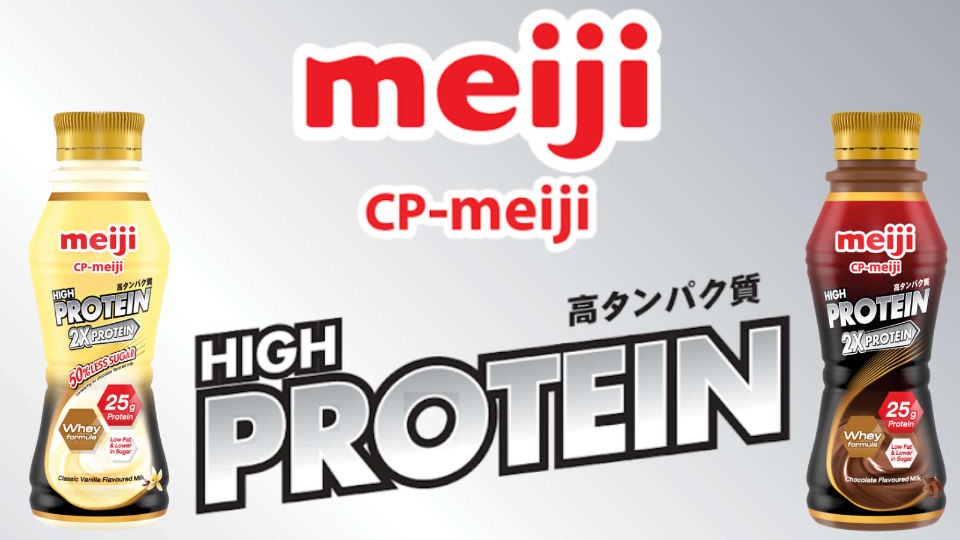In sports chatter, the mere mention of “protein” typically conjures up the image of a buff gym goer or bodybuilder. And more often than not, this can be a turnoff for us mere mortals chasing that elusive six-pack abdomen or single digit Body Mass Index (BMI) figure.
But then, this means that most of us miss the point of the benefits of protein, especially in the context of nutrition after an exercise.
Let’s go to the basics. To be healthy, we need to be active and to exercise. When we embark on this path towards better health, we would typically look at the sports we want to get into, our social circle who can support us, and also the apparel and gear that would give us that sense of confidence. It is not often though that we look deep into our nutrition, especially early on in the journey.
Thus, as we exercise more, we may find ourselves feeling lethargic. Then, our motivation levels come down, the exercise frequencies get lowered, and our health journey goes off the path.

The benefits of protein
In nutrition speak, while carbohydrate provides the energy during exercise, protein is key to post-exercise recovery. In fact, protein is also good and necessary for an overall wellbeing.
As published in The Straits Times on 24 March 2015, the day of the late Lee Kuan Yew would start “with breakfast: a piece of cake, a mug of Milo and a glass of whey protein drink”.
For Meiji High Protein milk, it:-
- fuels performance and feeds recovery
- controls appetite and boosts energy
- optimises fat loss and lean muscle gain
How much protein do you need?
The actual amount varies from person to person including your age, sex and activity levels. Generally, most nutrition organisations recommend 0.8-1.0 gram of protein per kilogram of body weight per day for the average sedentary person, but this range goes up to about 1.5-1.7 grams for a person doing endurance sports. Do note though that protein absorption also varies from person to person, and is widely acknowledged to be between 25 to 30g for each meal serving.
Additionally, there are different types of protein; some absorb faster than others. Whey protein is a fast absorbing protein, and thus is favoured for that quick post-workout recovery.
Assuming you weigh 60kg and does your workouts, it means you would need about 90g of protein per day. Each 350ml bottle of Meiji High Protein contains 25g of whey protein. It is formulated to meet the recovery needs of the average active person.
Are all protein milk created equal?
While protein is key, it is worth noting that generally, there are other nutrients in milk, including carbohydrates, fats, sugar and sweeteners.
Meiji High Protein Milk does not use sweeteners, thus its shelf life is relatively short.
It is available in two delicious flavours: Classic Vanilla (3% sugar) and Chocolate (8% sugar).
You can grab yours now at selected NTUC FairPrice, Cold Storage, Sheng Siong supermarkets and Anytime Fitness gyms. For more information, please visit here.





